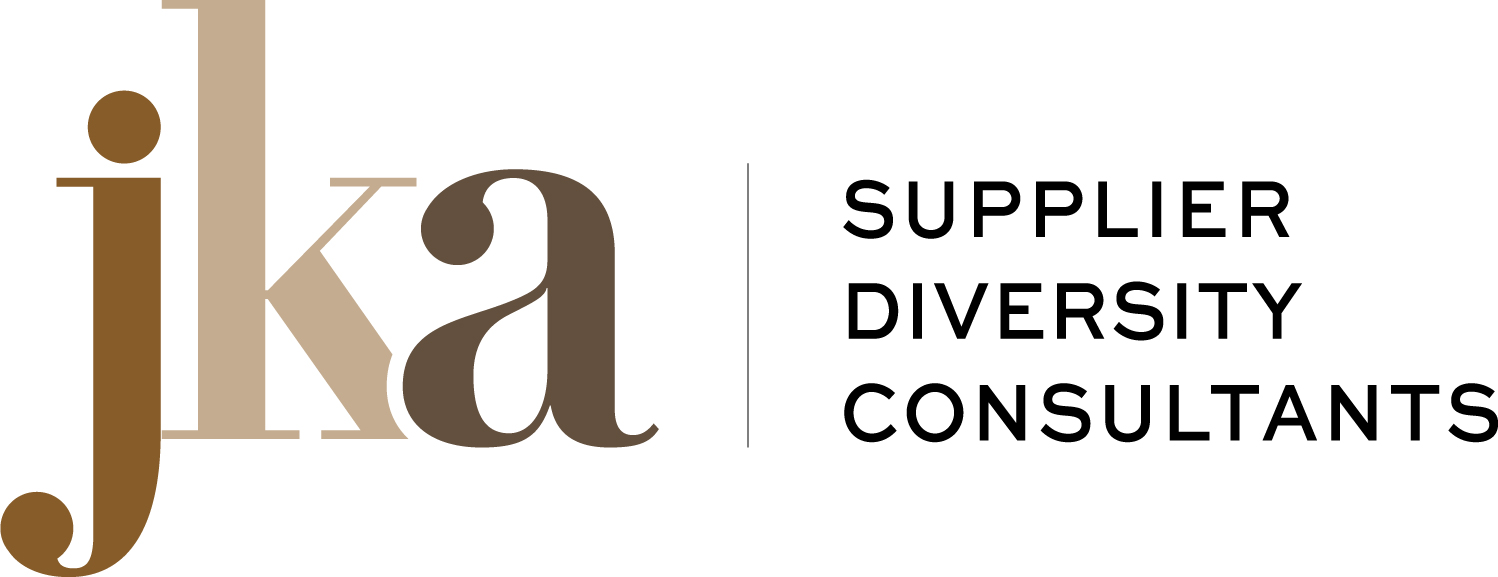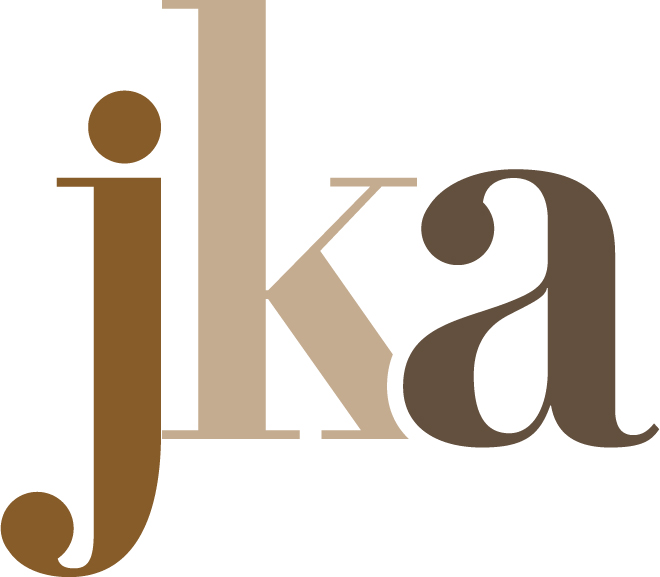Certification is a powerful tool for disadvantaged, small, minority and woman owned firms to increase opportunities with government agencies and large corporations. That said, all too often I see certified businesses really struggling with how to use certification; they are frustrated and often give up before seeing any real results from the certification. Here are some proven strategies to help you obtain your goals with certification.
1.Understand the Purpose of Certification – you should know that individual government agencies and corporations use certification for different purposes. It is important that you do the research to determine if certification will benefit your company.
2. Identify Your Target Audience – once you’ve determined that certification will be advantageous to your firm, it’s imperative that you research your target audience and narrow your scope to those corporations/agencies that you will have the best chance of success with. You want to consider things like your firm’s capacity, experience, past performance, resources, geographic location and financial capacity.
3. Commit to Marketing: certification is a marketing tool; it’s not a guarantee of business. You must find a consistent method of communication that is appropriate for your target audience. You need a variety of tools including registration on websites, capability statements and other marketing materials. You should also be visible at procurement fairs, pre-bid conferences and other venues where your target audience gathers.
4. Become a Problem Solver: this may sound redundant, but in order to increase market share in any industry, you really need to focus in on what keeps your ideal clients up at night. What are they struggling with? Often times smaller firms are can provide a more innovative and hands-on approach to problems that larger companies fail to address. Things like on the spot decision making, customer service and value added products or services can be a competitive advantage for small, minority and women owned firms.
5. Self-Branding – self branding is an important differentiator for small businesses. According to Jennefer Witter, author of “The Little Book of Big PR”, self-branding provides a distinct advantage over competition by highlighting uniqueness. Self branding is a tool that smaller firms can use to differentiate themselves against larger competitors.
Bottom line is if you want to take your business to the next level, you can’t do it alone. You need resources and expertise that will serve to distinguish your firm from competitors. In fact, I am not just talking the talk, I am walking the walk. Our firm has formed a strategic alliance with Jennefer Witter, President of The Boreland Group, a boutique PR Agency for the purpose of sharing our combined expertise in marketing, government contracting, business development, certification and public relations to small business owners. We invite you to join us for a complimentary webinar http://tinyurl.com/kapselg on February 3, 2015 where we generously share actionable, easy to implement tips that you can use as part of a program to increase sales through certification and self-branding. I am looking forward to your participation. Space is limited, so be sure to sign up today!



